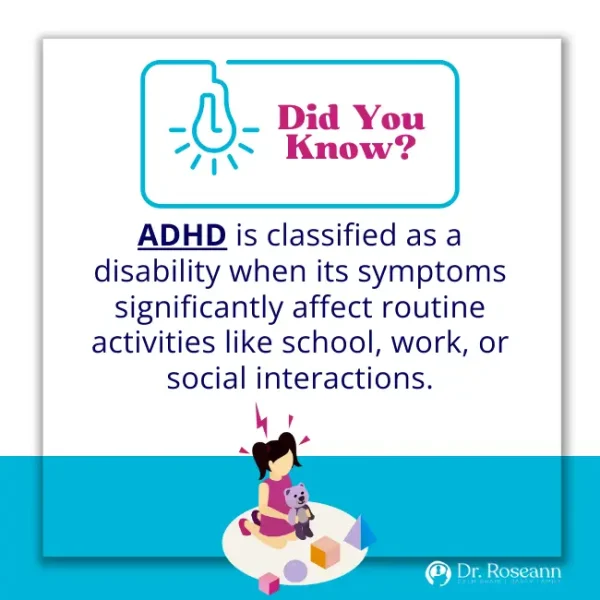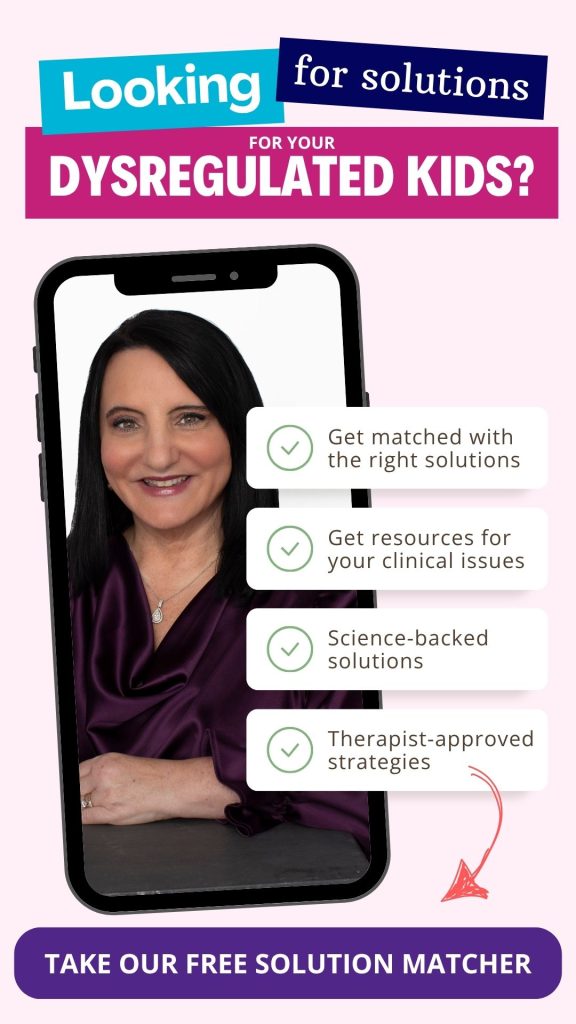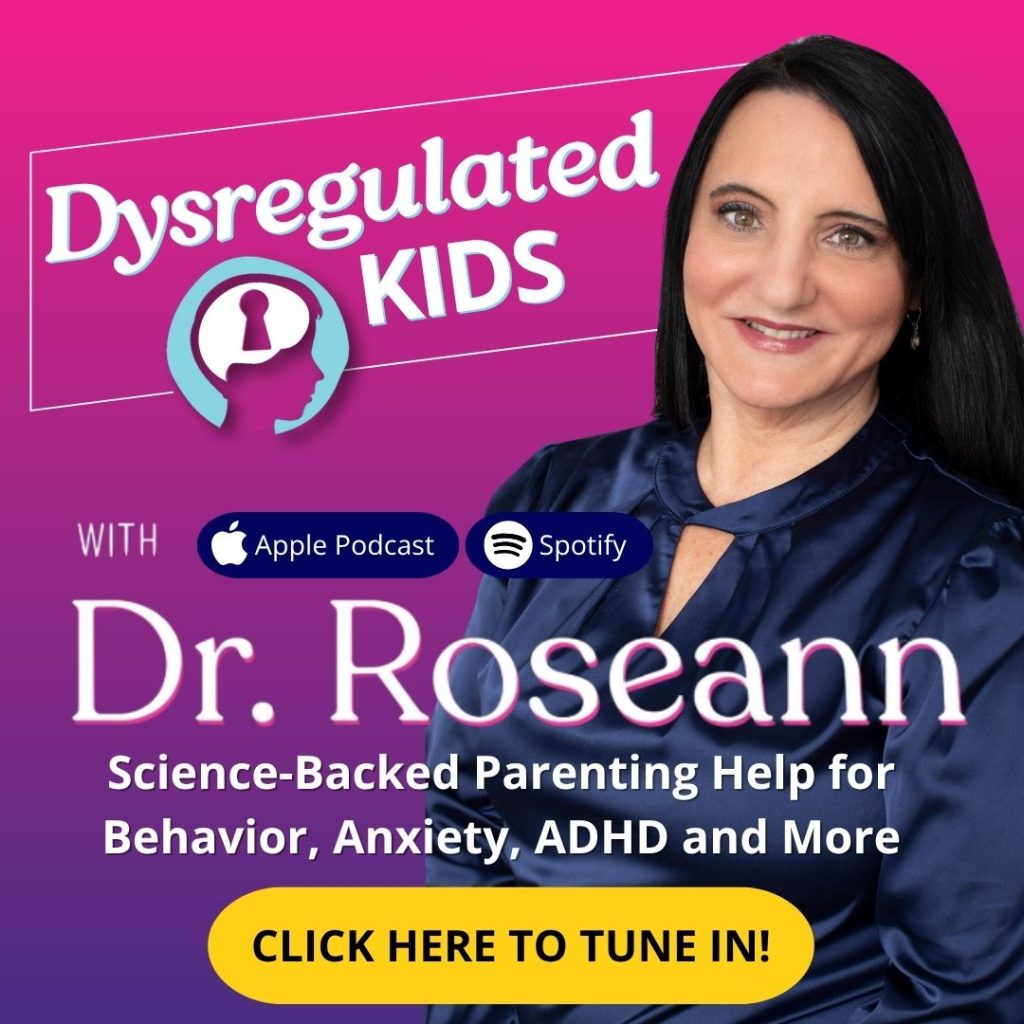Estimated reading time: 11 minutes
Wondering if ADHD is a disability and what that actually means for your child or teen? You’re not alone, and this guide has the answers.
How Is ADHD Diagnosed and Why Does It Matter?
Before we talk about benefits or accommodations, we have to start at the beginning—with a diagnosis. A professional ADHD diagnosis is what opens the door to the support, services, and legal protections your child (or you) may need to truly thrive.
Who Can Diagnose ADHD?
A proper diagnosis starts with the right provider, such as:
- Pediatricians
- Psychiatrists
- Psychologists
- Family doctors
These professionals don’t just check boxes—they evaluate how ADHD affects daily functioning.
What Does an ADHD Evaluation Include?
An accurate assessment may involve:
- Clinical interviews with parents, children, or adults
- Behavior rating scales and symptom checklists
- Medical and developmental history
- Neuropsychological testing
- In some cases, tools like a QEEG Brain Map
ADHD isn’t one-size-fits-all. The real goal is to understand how it shows up in your child’s brain and behavior.
After the Diagnosis: What Comes Next?
Your provider should help create a personalized plan that may include:
- Behavior therapy
- Skills training or counseling
- Medication (if appropriate)
- Nutrition and lifestyle support
- Brain-based care like neurofeedback
When we support the brain and body—not just the symptoms—we create lasting change.
What If ADHD Isn’t the Only Issue?
ADHD often co-occurs with:
- Anxiety or depression
- Mood disorders
- Learning disabilities
- Bipolar disorder
- PANS/PANDAS
Nearly 4 in 10 adults with ADHD also struggle with a mood disorder (Katzman et al., 2017). That’s why we treat the whole child—not just the diagnosis.
Supportive services may include:
- Neurofeedback
- Nutritional and magnesium support
- Behavioral therapy
- Skills coaching
- Parent education and training

Is ADHD a Legal Disability?
ADHD isn’t just about being distracted or “too active.” It’s like living with every radio station blasting in your ears—chaotic, noisy, impossible to tune out.
This is a real, brain-based condition that disrupts:
- Focus and attention
- Emotional regulation
- Everyday functioning at home, school, and work
It’s not laziness. It’s not bad parenting. It’s neurological.
And when those symptoms start interfering—when school becomes a daily battle or your child melts down after trying so hard to “hold it together”—that’s when ADHD can legally qualify as a disability.

What Does the Law Say?
Under U.S. law, ADHD can be recognized as a disability—but only if it significantly impacts daily life. (U.S. Department of Education, 2016)
Key laws that provide protection:
- Americans with Disabilities Act (ADA)
- Section 504 of the Rehabilitation Act
These laws define disability as a condition that limits major life activities, such as:
- Learning
- Focusing
- Communicating
- Controlling impulses
- Working or staying on task
But here’s what often surprises parents:
- A diagnosis alone doesn’t guarantee legal support.
- ADHD must consistently disrupt daily life—not just cause the occasional rough day.
- This isn’t about labels—it’s about knowing the support your child legally deserves.
Because when learning feels out of reach, and shame takes over, that’s not misbehavior. It’s a dysregulated nervous system crying out for help.
What Symptoms Might Qualify as Disabling?
| In Kids | In Adults |
|---|---|
| Trouble focusing | Chronic disorganization |
| Constant fidgeting or movement | Impulsive decisions |
| Impulsive behavior | Mental fatigue or restlessness |
| Emotional outbursts | Task avoidance |
| Classroom challenges | Emotional dysregulation |
How Is Severity Assessed?
Clinicians consider:
- When symptoms began (must start before age 12)
- Whether DSM-5 criteria are met
- Daily impact across settings (home, school, work)
Severity:
- Mild: Manageable symptoms
- Moderate: Noticeable impact
- Severe: Major, ongoing disruption
This isn’t about behavior—it’s about brain function in a world that demands constant focus, calm, and multitasking.
What Legal Protections Are Available?
In Schools:
- 504 Plans or IEPs
- Testing accommodations
- Classroom supports
In the Workplace:
- Flexible schedules
- Extra breaks
- Tools for focus and organization
Across the Board:
- Protection from discrimination
- Equal access to education, employment, and services
(Note: Employers with 15+ staff must provide reasonable accommodations.)
Bottom Line?
If ADHD is disrupting daily life, legal support may be available—and your child deserves it. More importantly, this isn’t about being lazy or difficult.
It’s a dysregulated brain waving a red flag. So start by calming the brain—because everything good follows from there.
What Are the Requirements to Get Disability Benefits for ADHD?
Let’s be real: getting approved for benefits isn’t easy. A diagnosis alone won’t cut it. You need clear proof that ADHD is seriously impacting daily life.
For Kids: SSI (Supplemental Security Income)
A child may qualify if:
- ADHD symptoms are severe
- The family meets income limits
The SSA looks for:
- Marked limitations in two areas, or
- Extreme limitation in one, such as:
-
- Learning and using information
- Staying on task
- Social interaction
- Movement or coordination
- Self-care
-
What helps: Reports from doctors, teachers, or therapists.
To apply: Call 1-800-772-1213 or visit your local SSA office.
For Adults: SSDI (Social Security Disability Insurance)
An adult may qualify if:
- ADHD prevents them from working
- This has lasted (or is expected to last) at least 12 months
You’ll need:
- A severe ADHD diagnosis
- Proof it limits daily life or job function
- Medical and treatment history
Pro tip: A disability attorney can help you build a stronger case and handle the paperwork maze.
What School Accommodations Help Kids With ADHD Succeed?
School gets tough when your child’s brain won’t slow down. Sit still? Focus? Follow directions? Not easy with a dysregulated nervous system.
That’s where accommodations come in. They don’t lower expectations—they remove the barriers that block learning.
With a 504 Plan or IEP, kids with ADHD get the support they need to thrive.
Here are common evidence-based accommodations for teens and college students:
1. Testing & Time
- Extended time for tests and assignments
- Quiet testing space
- Scheduled breaks
2. Organization & Planning
- Checklists, planners, or digital tools
- Breaking large tasks into smaller steps
3. Instructional Support
- Clear, step-by-step instructions
- Visuals and hands-on learning
- Regular check-ins
4. Technology & Note-Taking
- Laptops or tablets for classwork
- Speech-to-text or audiobooks
- Access to teacher slides or peer notes
5. Environment & Flexibility
- Preferential seating
- Reduced distractions
- Flexible attendance
- Tutoring or academic coaching
What About IEPs and Behavior Support?
Students with more significant needs may qualify for an IEP under IDEA. These plans can include specialized instruction and behavioral supports to help kids regulate, focus, and stay engaged.
Want examples that work in real classrooms? Grab our free ADHD School Accommodations Guide—it’s full of tools to help your child succeed.
How Do You Get an IEP for a Child with ADHD?
An IEP can unlock the support your child needs to thrive—but first, you’ve got to go through the process.
Here’s what to expect:
- Submit a written evaluation request
- School conducts assessments
- Team determines eligibility
- IEP is developed
- Plan is implemented and monitored
An IEP supports academics and regulation—because success starts with a calm brain.
Can Adults With ADHD Get Workplace Accommodations?
Yes—if ADHD is throwing a wrench in your workday, you’re not stuck. You’re protected under the ADA, and that means you can ask for support that actually makes a difference.
Helpful accommodations might include:
- Flexible hours or extra breaks
- A quiet workspace or noise-canceling tools
- Planners, checklists, or time-management apps
- Clear written instructions and reminders
- Coaching or peer support
Burning out isn’t the goal. You deserve tools that help your brain stay focused and calm, so you can show up, do your best, and feel good doing it.
Calm the brain first. Everything follows.
Parent Action Steps
FAQs
What jobs does ADHD disqualify you from?
ADHD doesn’t automatically disqualify anyone from a job, but roles with heavy multitasking, strict structure, or minimal support—like project management or high-stress solo positions—can be harder without accommodations. The key is finding work that fits your strengths and offers flexibility, structure, or support where needed.
Can someone with ADHD live a normal life?
Absolutely—though “normal” might just need a redefinition. With the right tools, support, and brain regulation strategies, people with ADHD can build fulfilling, successful lives. It’s not about fixing the person—it’s about supporting the brain. And when we do that? Everything changes.
Can ADHD get worse with age?
Symptoms can shift as life demands change. Some people feel more overwhelmed as responsibilities grow. But with support and regulation strategies, it’s absolutely possible to stay balanced and focused at any age.
Citations:
Katzman, M. A., Bilkey, T. S., Chokka, P. R., Fallu, A., & Klassen, L. J. (2017). Adult ADHD and comorbid disorders: clinical implications of a dimensional approach. BMC psychiatry, 17(1), 302. https://doi.org/10.1186/s12888-017-1463-3
U.S. Department of Education. (2016). Parent and Educator Resource Guide to Section 504 in Public Elementary and Secondary Schools. Retrieved from https://www2.ed.gov/about/offices/list/ocr/docs/504-resource-guide-201612.pdf
U.S. Social Security Administration. Retrieved from: https://www.ssa.gov/ssi/text-info-ussi.htm
U.S. Social Security Administration. Child Fact Sheet. Retrieved from:
https://www.ssa.gov/disability/disability_starter_kits_child_factsheet.htm
Dr. Roseann is a mental health expert in Neurofeedback who frequently is in the media:
- The Holistic Counseling Podcast Therapist’s Integrative Tools: Neurofeedback and Biofeedback
- Life’s Essential Ingredients Connecting at the Root
- Helping Children Thrive Podcast Benefits of Neurofeedback for children with ADHD
- She Knows 11 Products Moms of Kids With ADHD Swear By to Maintain Order in the Chaos
- The Healthy 12 Silent Signs of Adult ADHD You Might Be Ignoring
Always remember… “Calm Brain, Happy Family™”
Disclaimer: This article is not intended to give health advice and it is recommended to consult with a physician before beginning any new wellness regime. *The effectiveness of diagnosis and treatment vary by patient and condition. Dr. Roseann Capanna-Hodge, LLC does not guarantee certain results.
Are you looking for SOLUTIONS for your struggling child or teen?
Dr. Roseann and her team are all about science-backed solutions, so you are in the right place!
Grab your complimentary copy of










